
3501. Lies, Damned Lies and Trumpflation
Paul Krugman discusses the impact of political decisions on inflation and economic policies under Donald Trump, highlighting concerns about data suppression and its consequences.
your daily dose of economic commentary

Paul Krugman discusses the impact of political decisions on inflation and economic policies under Donald Trump, highlighting concerns about data suppression and its consequences.
Robert Vienneau discusses David Ricardo's evolving views on machinery's impact on workers and productivity within a capitalist economy, highlighting historical context and implications.

Noah Smith discusses the cyclical nature of U.S. economics and politics, highlighting potential challenges for Trump's economy due to inflation and national debt.
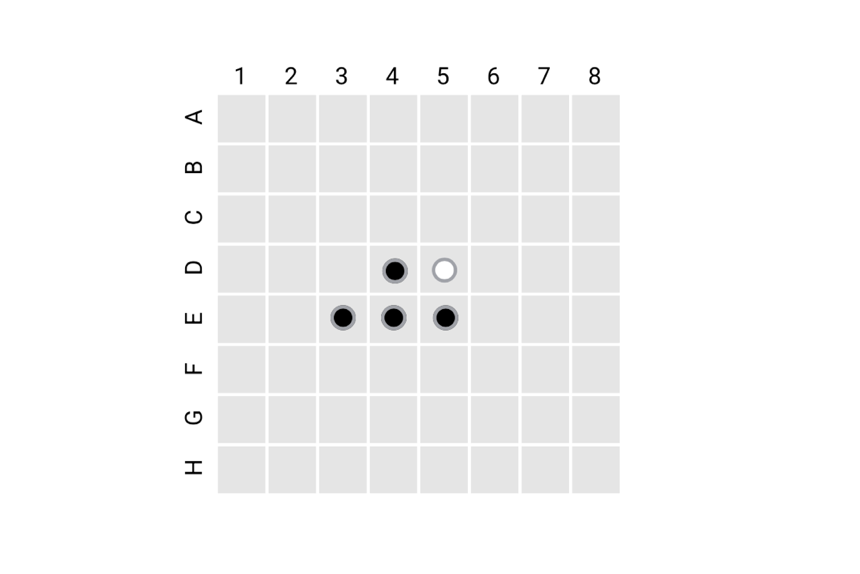
Melanie Mitchell discusses evidence for emergent world models in LLMs through the training and analysis of a transformer network on the game Othello.

Melanie Mitchell discusses the limitations of machine-learning systems, particularly large language models, in understanding concepts and developing robust world models.

Conversable Economist discusses the availability of the Winter 2025 issue of the Journal of Economic Perspectives and highlights key articles on antitrust and economic analysis.
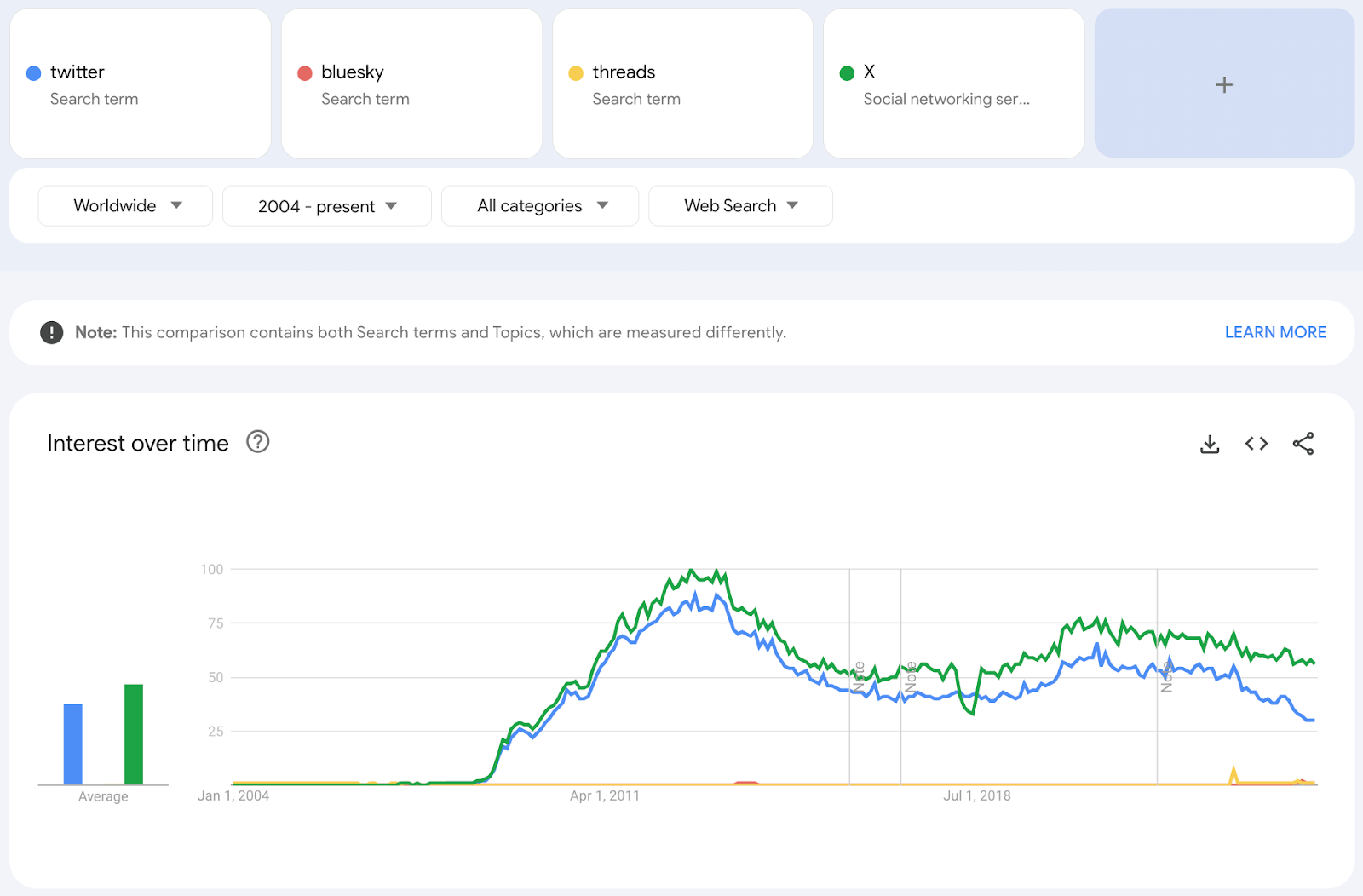
Nate Silver discusses Elon Musk's acquisition of Twitter, its impact on political dynamics, and the platform's financial struggles compared to competitors like Meta and Bluesky.

Paul Krugman critiques Elon Musk's claims about government waste and fraud, highlighting the lack of evidence and drawing parallels to past political rhetoric.

Noah Smith discusses the chaotic actions of Trump and their implications for governance and society, while also sharing his recent podcasts and debates.

Conversable Economist discusses the risks of rising federal debt, emphasizing long-term economic consequences and the impact on future generations' wealth and productivity.
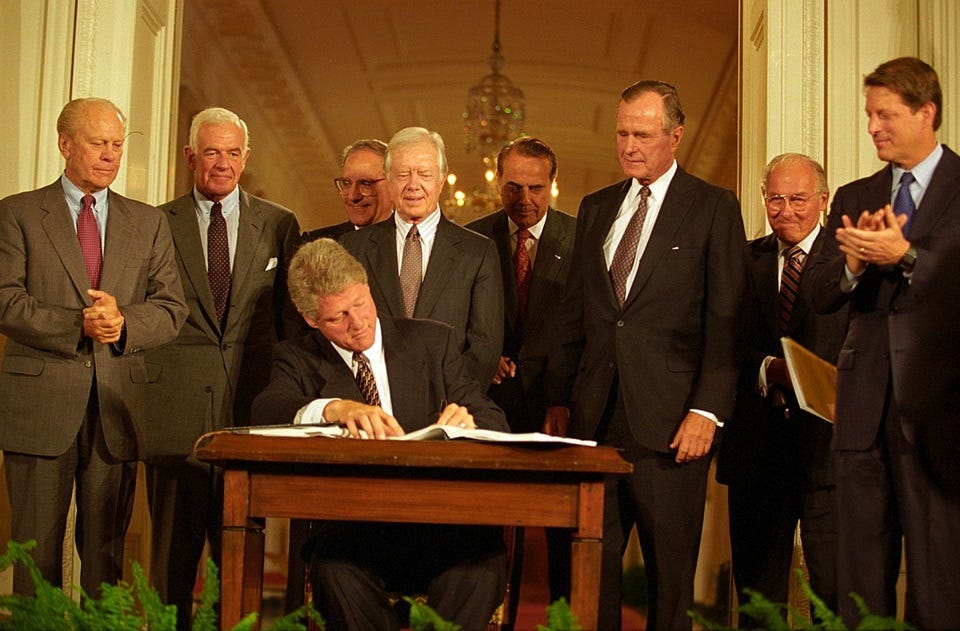
Noah Smith discusses the challenges facing Democrats in shaping their economic message post-2024 elections, emphasizing the need for a revised progressive economic approach.
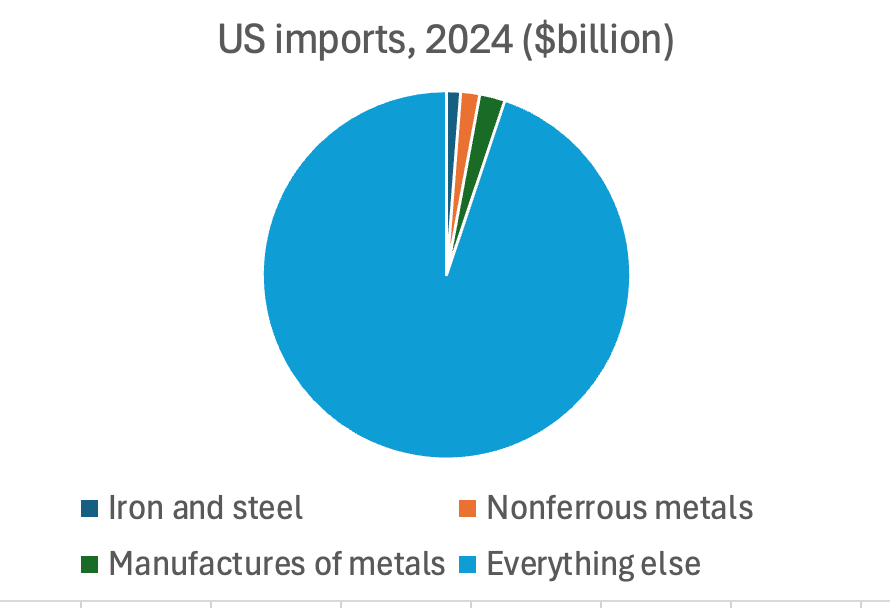
Paul Krugman discusses Donald Trump's tariffs, labeling them as ineffective, unjust, and economically detrimental, while highlighting the political implications of such policies.
Timothy Taylor discusses the evolution of antitrust law and the Structure-Conduct-Performance paradigm in economics, highlighting its implications for competition and market behavior.

The author discusses various stories related to economic principles, including student debt, partnerships in education, and market trends in retail and foreign aid.

Joshua Gans discusses the trade-off between reliability and usefulness in LLMs, emphasizing the importance of human judgment in evaluating their outputs.

Scott Cunningham interviews Dmitry Arkhangelsky about his life, econometrics, and machine learning, highlighting his unique journey and contributions to causal panel methods.
The author analyzes the UK's public spending trends, emphasizing the need for disaggregation to understand the impact on public services, particularly in health and defense.
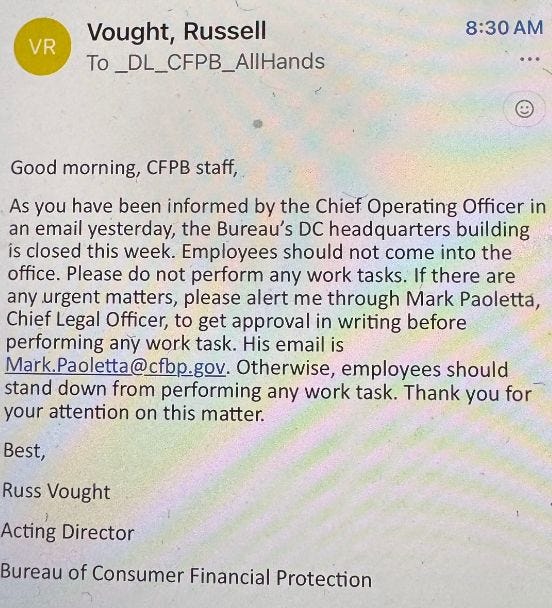
Paul Krugman discusses the abolition of the Consumer Financial Protection Bureau and its implications for consumer protection against financial fraud.

Robert Vienneau discusses the analysis of production techniques and their cost-minimizing properties in relation to wage curves and profit rates.
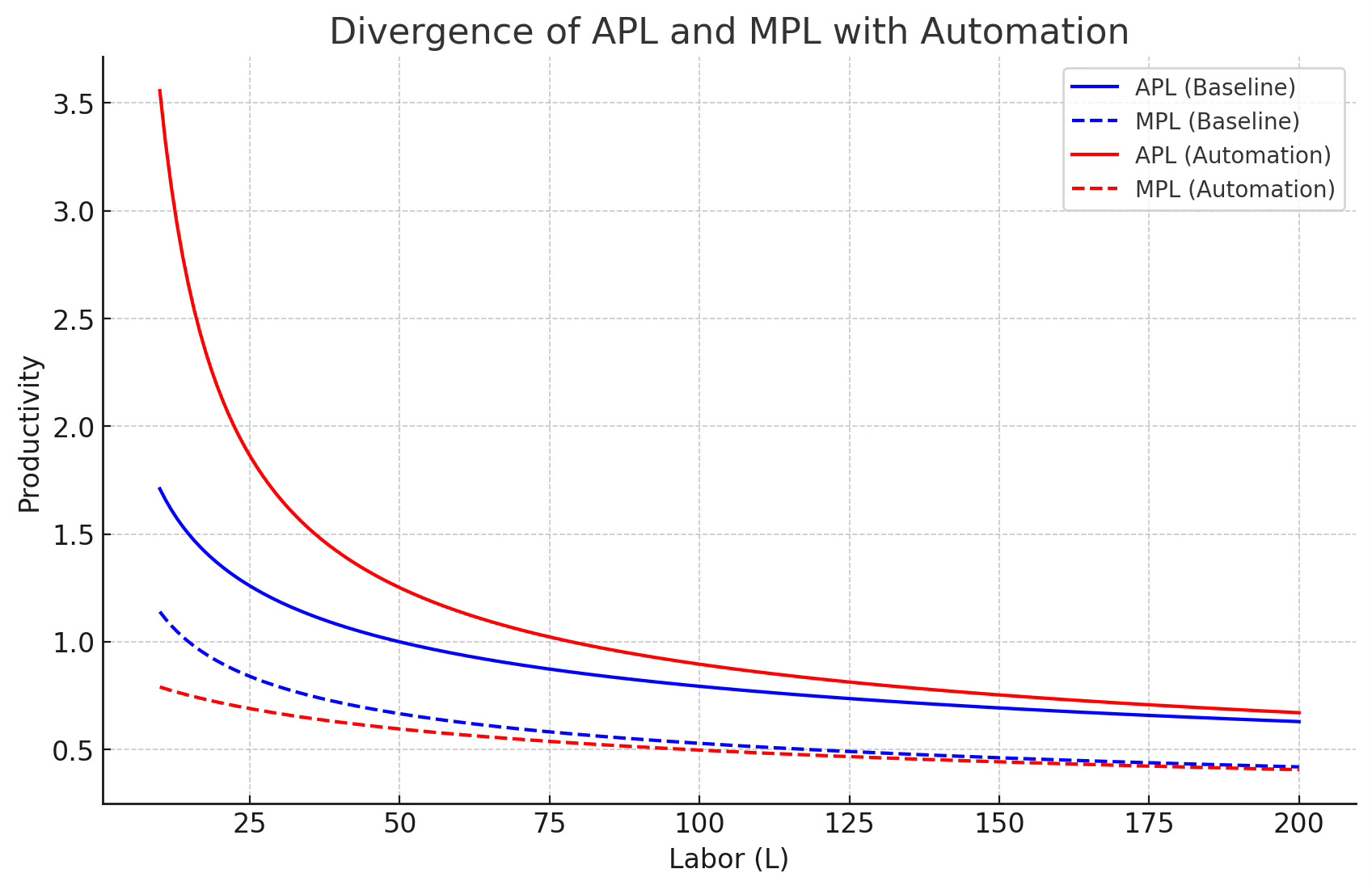
Scott Cunningham discusses Acemoglu's theories on automation and AI, focusing on their implications for labor productivity and the impact on workers.